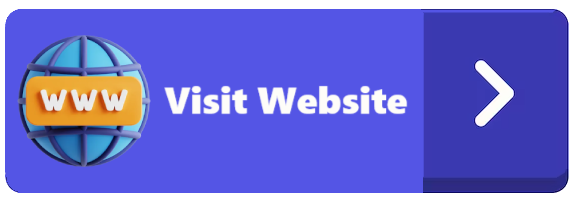
Google Calendar: A Comprehensive Overview and Its Applications
Google Calendar is a widely used online calendar service provided by Google. It allows individuals and organizations to manage their schedules efficiently by organizing events, appointments, and reminders in a digital format accessible from multiple devices. The service integrates seamlessly with other Google products such as Gmail, Google Meet, and Google Drive, making it a versatile tool for personal and professional time management.
The primary use of Google Calendar is to keep track of important dates and deadlines. Users can create events with detailed descriptions, specify locations, and set reminders that notify them ahead of time. This feature helps prevent missed appointments and ensures better preparation for upcoming activities. The calendar can be viewed in daily, weekly, monthly, or custom time frames, offering flexibility in how users prefer to monitor their schedules.
Google Calendar also supports shared calendars, enabling teams, families, or groups to coordinate their plans collectively. Shared calendars promote collaboration by allowing multiple people to view, add, or modify events, depending on the permissions granted. This is particularly beneficial for workplaces, educational institutions, and social groups who need to stay synchronized.
Another key application is integration with video conferencing tools. For example, Google Calendar can automatically generate links for Google Meet meetings when events are created, simplifying the process of scheduling virtual meetings. This integration enhances productivity by connecting calendar events directly to online meetings without the need for separate invitations.
The platform also supports synchronization across devices, including smartphones, tablets, and computers. Changes made on one device are instantly reflected on others, providing up-to-date information at all times. This cross-device compatibility ensures that users have access to their schedules wherever they are.
In addition to personal use, Google Calendar is widely adopted by businesses and organizations. It can be used to manage project timelines, schedule employee shifts, plan marketing campaigns, and organize events. The ability to color-code events helps differentiate between various categories of activities, which improves visual clarity and prioritization.
Regarding cost, Google Calendar is available as a free service to anyone with a Google account. This free version includes most of the essential features needed for everyday use, such as event creation, reminders, sharing, and device synchronization. However, there are paid versions available through Google Workspace (formerly G Suite), which offer additional business-oriented features such as enhanced administrative controls, increased storage, and advanced security options.
When comparing Google Calendar with other calendar services, it stands out due to its integration with the Google ecosystem, user-friendly interface, and reliable cloud-based functionality. Alternatives might offer unique features or better compatibility with non-Google products, but Google Calendar's widespread use and continuous improvements make it a top choice for many users.
In conclusion, Google Calendar is a powerful and flexible tool for managing time and events efficiently. Its features cater to both individual users and large organizations, facilitating better planning and coordination. The availability of a robust free version makes it accessible to a wide audience, while premium options provide additional value for business users. Overall, Google Calendar contributes significantly to improving productivity and organization in daily life.












